Resources
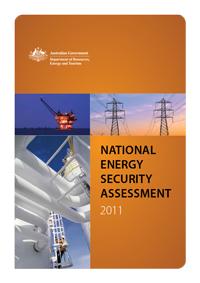 ,
, 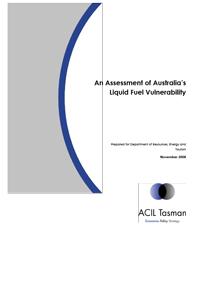
Date
Description
The NESA identifies the current strategic energy security issues in the liquid fuels, natural gas and electricity sectors, and those posing a potential risk in short term, medium term and longer term. The Government has indicated that the NESA will provide a key input into the development of future…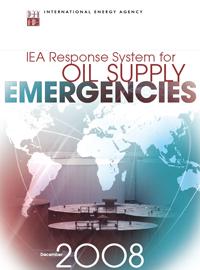
Date
Description
The International Energy Agency (IEA) is the energy forum for 28 industrialised countries, founded in 1974 (see www.aip.com.au/pricing/iea.htm). IEA member country governments are committed to taking joint measures to meet oil supply emergencies. They also have agreed to share energy information,…Date
Description
Relying on shipping (for imports) does not increase security risks, and shipping lanes are not easily disrupted. Most countries are reliant on movements of petroleum (crude and product) within and between countries, and particularly so for Australia (in both an export and import sense).…Date
Description
Transport fuel imports do not increase risk for supply reliability and security A diversity of global supply sources and local import facilities provide a range of options for Australia. Australia is already dependent on imports to meet the growth in demand for transport fuels (eg. demand…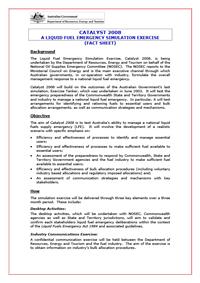
Date
Description
In 2008, the Department of Resources, Energy and Tourism (DRET), on behalf of NOSEC, undertook a Liquid Fuel Emergency Simulation Exercise – 'Catalyst 2008'. The aim of 'Catalyst 2008' was to test the emergency preparedness of the Commonwealth State and Territory Governments and industry to manage…Date
Description
Subsidising domestic alternative fuel production is not necessary for energy security The reliable supply of conventional transport fuels (petrol, diesel and jet fuel) to the Australian market is underpinned by a diversity of supply options for petroleum products from domestic refiners and…Date
Description
AIP has produced a set of basic facts on biofuels in Australia to inform consumers, commentators and other interested parties. AIP has consistently stated that there is a sustainable role for biofuels in the Australian fuels market provided biofuels are competitively priced, have a reliable supply…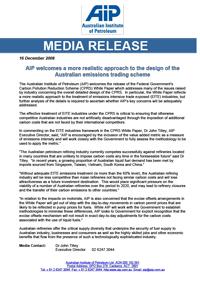
Date
Description
The Australian Institute of Petroleum (AIP) welcomes the release of the Federal Government's Carbon Pollution Reduction Scheme (CPRS) White Paper which addresses many of the issues raised by industry concerning the overall detailed design of the CPRS. In particular, the White Paper reflects a more…Date
Description
The Executive Director of AIP, Dr John Tilley said "the release of the report by the Prime Minister's Emissions Trading Task Group provides a considered basis for the Australian community to increase its efforts to respond to the climate change challenge. This report outlines a clear set of…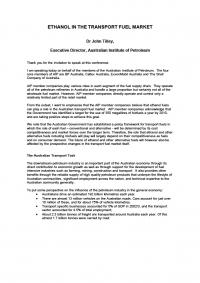
Date
Description
Dr John Tilley, Executive Director of the Australian Institute of Petroleum, told the 2005 International Ethanol Conference in Brisbane today that AIP members see a role for ethanol as a fuel extender, replacing some fuel imports and helping to meet the growth in overall fuel demand, as well as a…